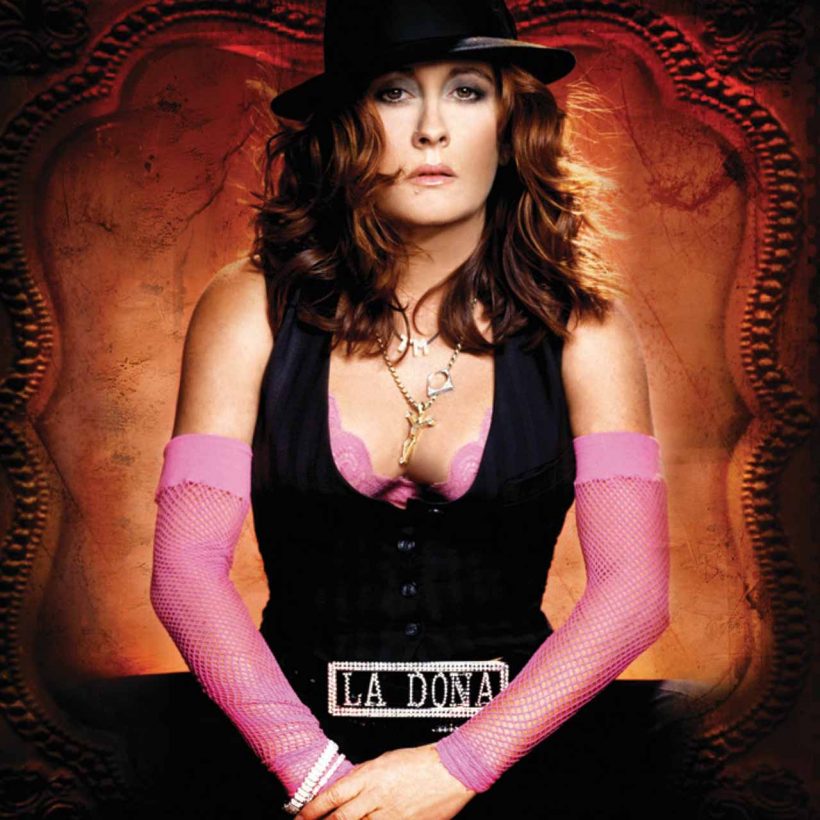‘La Doña’: Teena Marie’s Cash Money Comeback Hit
The album saw her dramatically reclaiming her position in the world of R&B.

After the independent release of 1994’s Passion Play, Teena Marie spent much of the decade performing in smaller clubs, nurturing her core fan base. She also began working on a new album, Black Rain, giving occasional updates on her website. She shopped the album to major labels, sold t-shirts with the album’s cover image at performances, and even performed one of the songs in a guest appearance on a TV show. Despite the intense hustle, she did not secure a deal until 2002 when she joined Cash Money Records as the premiere artist on their Classics imprint.
There was a problem, though: Black Rain had leaked to the public during the years she’d spent shopping it. Copies circulated among fans on CD-Rs and cassettes, so when the deal was signed she began re-imagining the album. In October 2003, she cryptically posted “What do you do when the rain has stopped” on her website, signaling that some changes were afoot.
Listen to Teena Marie’s La Doña now.
In March of 2004, the long-awaited first single from the re-titled album, La Doña, “Still In Love,” hit the airwaves. Co-produced by Cash Money’s Mannie Fresh, “Still In Love,” which peaked at #23 on the Billboard R&B Singles chart, was based on an Al Green sample, but the lyric and melody were classic Lady T with coy references to Curtis Mayfield, Gamble & Huff, and herself.
She maintained Passion Play’s romantic fervor with sexy tracks like “Honey Call,” “My Body’s Hungry,” and “I’m On Fire,” and catered to younger listeners with the hip-hop infused “Off The Chain,” and the role-playing “The Mackin’ Game” with MC Lyte and Medusa. She reunited with Rick James on “I Got U,” and duetted with Gerald Levert on “A Rose By Any Other Name,” but it was the jazz, blues, and funk of “Black Rain,” “Baby I’m Yo Fiend,” and “Hit Me Where I Live,” however, that delivered what Teena’s fans loved most. Tunes like “Makaveli Never Lied,” and “Recycle Hate to Love” spoke to her spiritual, political, and cultural concerns: global warming, capitalism, drug abuse, gun violence, and the loss of human connection.
“They call me La Doña and I sing like a thunder,” she proclaimed in the liner notes’ signature poem, dramatically reclaiming her position in the world of R&B. The album brought her highest placement on the Billboard 200 at #6, a gold certification, and the last Grammy nomination of her career for “Still In Love.”












